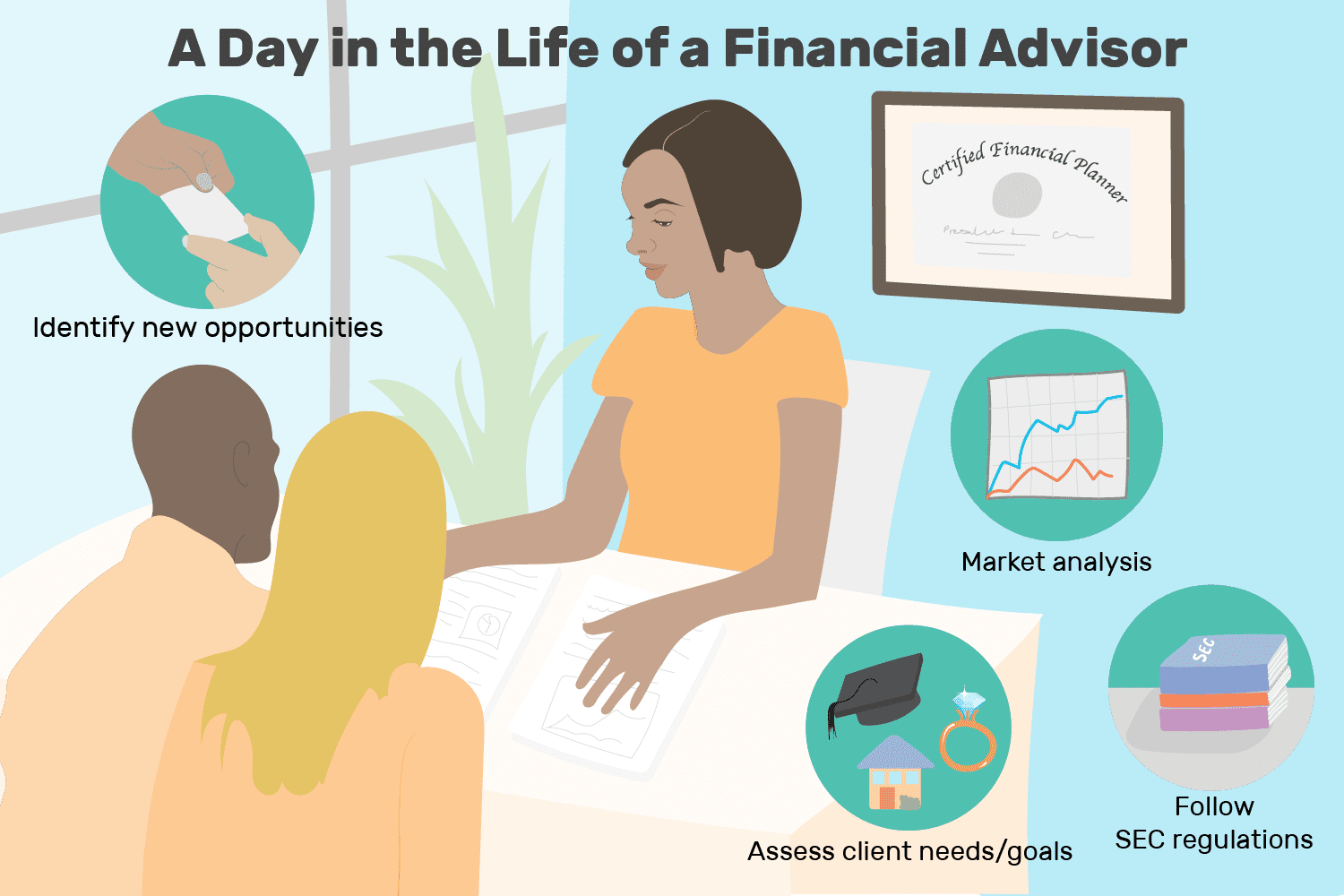
There are many different sources of funding available for small businesses. These funding sources include small business grants, debt capital and retained earnings. Each funding source has its unique advantages and disadvantages. Understanding these options will help you find the best solution for your business. Here are some of the most commonly used sources of financing for small businesses.
Retained earnings
The company can use the retained earnings as a source for funding to pay for various purposes. The funds can be used to purchase new equipment or warehouse costs, as well as fund a new website. This funding source can provide a clear picture of a company's financial situation. This source of funding has its downsides, so it should not be used without caution.
Retained earnings can be used smartly to boost a company's performance. These earnings can be used to finance new ventures or pay down balance sheet debt. They are also a great source of emergency funding. Companies can avoid falling into the debt trap by having an emergency fund.

Capital to repay debt
Debt capital can be described as a type or financing that is swapped between a borrower (or lender) and a borrower. The borrower has to repay the loan amount over a time period. The lender releases the capital sum if the borrower meets certain criteria, such as making regular payments and meeting the repayment schedule. Businesses that require additional liquidity to achieve their goals may find debt funding useful.
A business loan is the most popular source of debt financing. Although small businesses can often get bank loans, they may find it difficult to repay them. Many companies opt for other sources of debt capital funding.
Small business grants
Applying for small business grants is an ideal way to expand your business capital. You must be eligible to receive these funds. These funds are often awarded to minority, women, or veteran-owned businesses. Grants are also often given to rural businesses. Review the list of funding sources available in your state to increase your chances for success.
The process of applying to a company loan is similar that for small business grants. But there are some important differences. First, the business loan lender will evaluate your credit rating and assess your business. A small business grant on the other hand will not evaluate your credit or expect repayment. Second, a business loan will probably be approved sooner. Some lenders will approve a business loan application within one business day, and disburse the funds within a few days. An application for federal grants, on the other hand, can take upto six months to be approved.

Crowdfunding
Crowdfunding refers to a method of raising funds where an individual or company solicits contributions of a large group of people. Crowdfunding is often used by start-ups, but it can also be used in emergency situations. There are several crowdfunding platforms available, including Patreon and Substack.
Crowdfunding offers many benefits to small businesses. Here are some tips for starting a crowdfunding campaign. It is important to keep in touch with those who have contributed to your campaign. They might be able share your project to their networks.
FAQ
How do I get clients to my consulting business?
First, find a subject you're passionate about. It could be anything from social media to public relations, but there must be something you feel strongly about. If not, you may have to start small by finding a niche market such as web design. Once you find the right niche, it is important to know what makes it tick. What problems does this solve? What are the benefits? But most importantly, what can you do to help them?
You can also try approaching businesses directly - perhaps they need someone who understands SEO or content creation, or maybe they just want to know where to go for advice on social media strategy.
If all else fails offer your services for free at networking events and conferences. You'll meet many potential customers without spending money on advertising, and you'll be able to show off your skills.
How can I start an LLC consulting company?
First, determine what you are looking to do as service provider. Then, make sure that you are qualified for these services. It might also help to find someone who already does what you want to offer and see how they operate.
Once you know your product/service, you should start looking for the right market. If they aren't available, you may need them to be created.
You then have to decide whether or not you want to open your own company, or hire other people to do it.
It is possible to also start your own consulting firm by obtaining a license from the State. But this will require a lot more paperwork and legal costs.
How long does it take to become a consultant?
Your industry and background will determine the length of time it takes. Most people start their career with only a few months to find work.
However, consultants can spend many years learning before they are able to find work.
How do I become a successful consultant?
It is important to identify an area of passion. You must then build relationships. Knowing what your clients want and how they work is key. You must also deliver results.
While you don’t necessarily have to excel at every task, you should be better than all the rest. Passion is key. It isn't enough just to say, "I'm going to be a consultant." It's important to believe in your abilities and do what you love.
What should your consulting fees be?
It all depends upon what you offer. You don't have to charge anything if you provide services free of charge. If you sell products or services, however, you must set prices based upon value.
If you offer low-quality services then you don’t have anything for sale. Why would anyone pay anything for you?
You might be able ask for a more expensive price if your services are of high quality. People recognize the value in you offering. Clients who purchase multiple packages may be eligible for discounts.
What's the difference between an advisor and a consultant?
A consultant provides advice on a topic. A consultant can offer solutions.
To help clients achieve their goals, a consultant works directly with them. An advisor advises clients indirectly through books, magazines, lectures, seminars, etc.
Statistics
- Over 50% of consultants get their first consulting client through a referral from their network. (consultingsuccess.com)
- Over 62% of consultants were dissatisfied with their former jobs before starting their consulting business. (consultingsuccess.com)
- On average, your program increases the sales team's performance by 33%. (consultingsuccess.com)
- 67% of consultants start their consulting businesses after quitting their jobs, while 33% start while they're still at their jobs. (consultingsuccess.com)
- According to statistics from the ONS, the UK has around 300,000 consultants, of which around 63,000 professionals work as management consultants. (consultancy.uk)
External Links
How To
How can you find the best consultants?
When searching for a consultant, the first thing you should do is ask yourself what your expectations are. Before you begin searching for a consultant to help you, you should be clear on your expectations. A list of what you expect from a consultant is helpful. This could include things like; professional expertise, technical skills, project management ability, communication skills, availability, etc. Once you have identified your requirements, you might consider asking friends and colleagues to recommend you. Ask your friends or colleagues about any negative experiences they have had with consultants, and compare their recommendations with yours. Research online if you don’t already have recommendations. There are many websites, such as LinkedIn, Facebook, Angie's List, Indeed, etc., where people post reviews of their previous work experiences. Look at the ratings and comments left by others and use this data as a starting point for finding potential candidates. Once you have a short list of candidates, contact them to arrange an interview. Talking through your requirements during the interview is a good idea. Ask them questions about how they can assist you in achieving those goals. It doesn’t matter who recommended them to you, just make sure they understand what you are trying to achieve and how they can help.